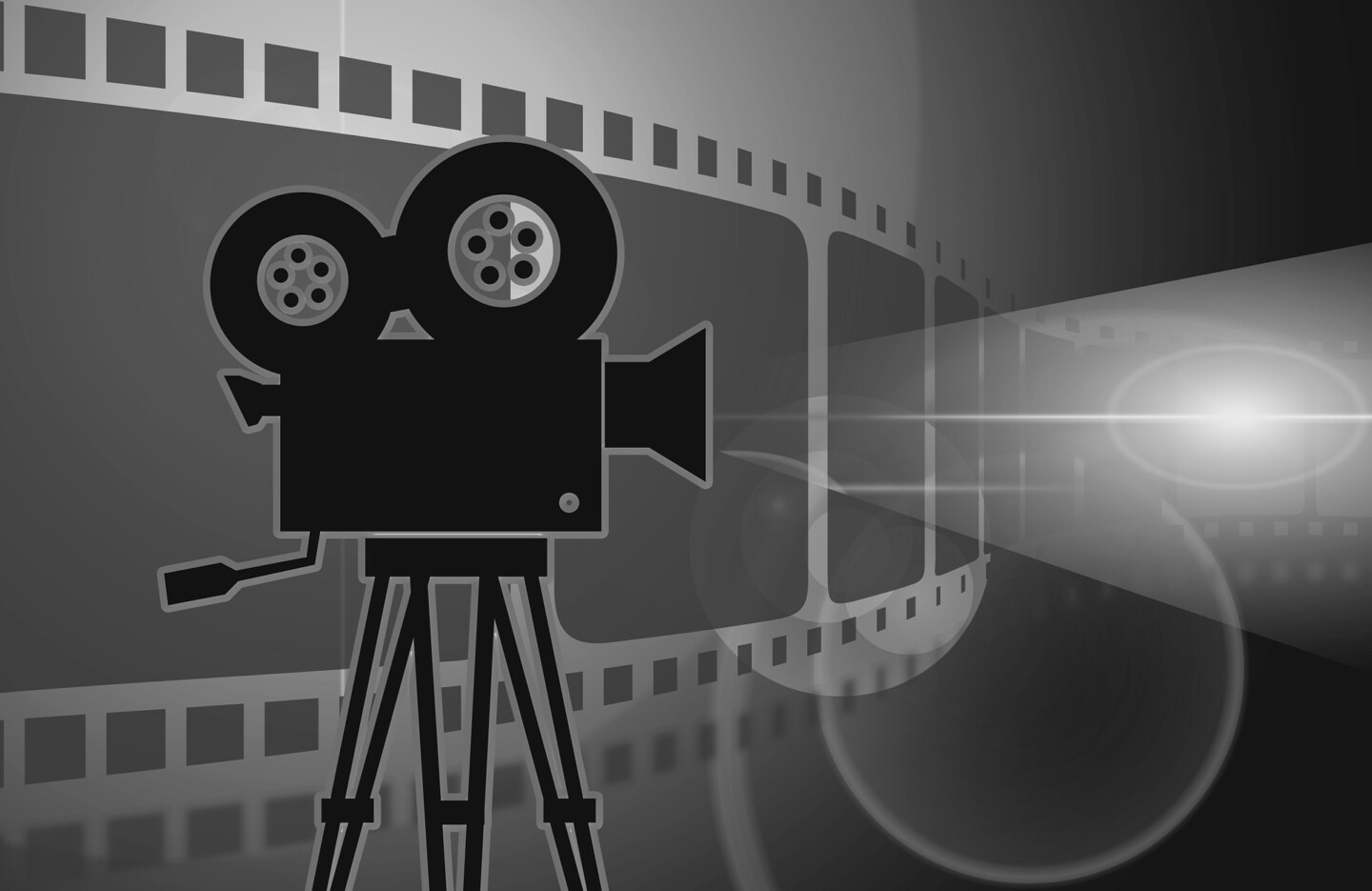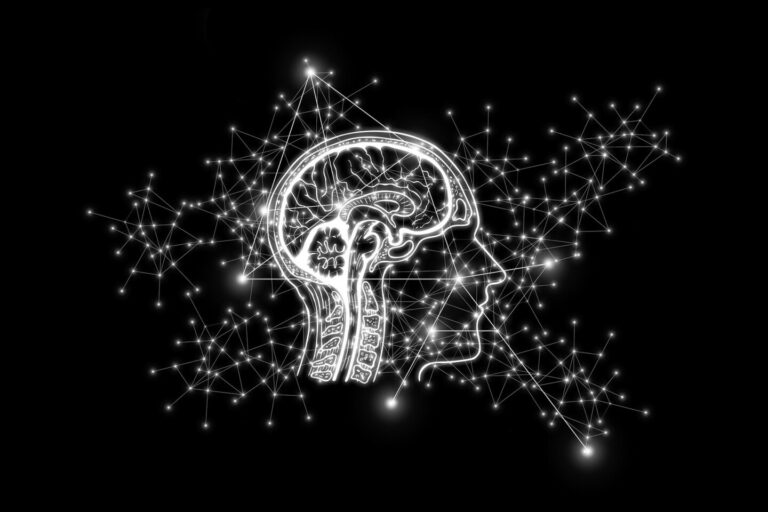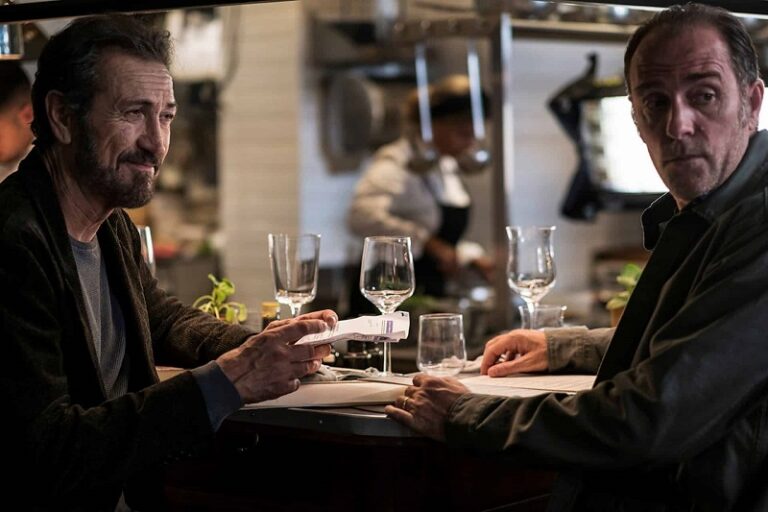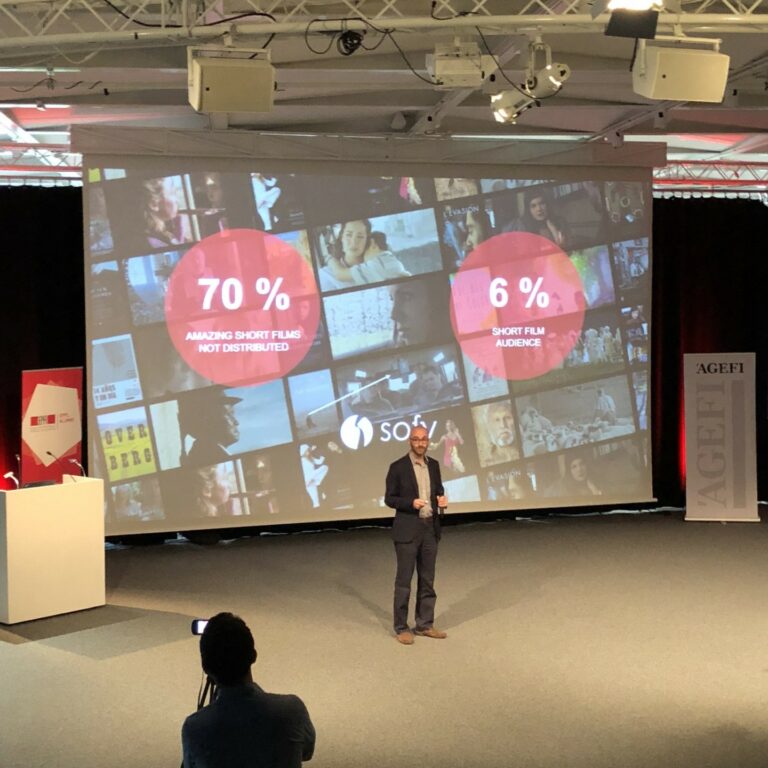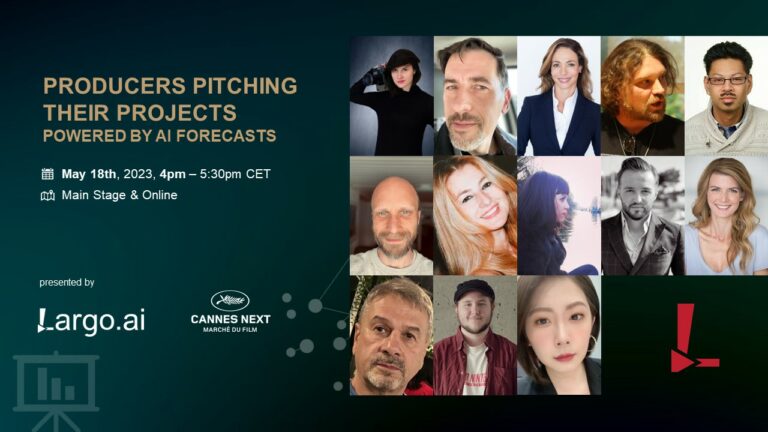A Producer’s Eye View of Artificial Intelligence Moviemaking.
In a recent masterclass entitled “Artificial AND Intelligent – Largo.ai: Predict the potential box office by using AI”, producer Andrea Schütte gave feedback regarding her first experience with artificial intelligence moviemaking.
Andrea co-runs Hamburg-based Tamtam Film, an independent movie production company that “tries to navigate between the artistic and the mainstream”. All of their productions have been developed within the company via a collaborative effort between the filmmakers and the production team.
One of their most recent projects, “Highly Explosive”, based on the screenplay “Blindgänger” by Kerstin Polte, has been in development for the last two years and is currently on its 4th draft.
Inquisitive to see what AI could offer, Andrea decided to let Largo.ai’s AI system analyze the third version of the script for Highly Explosive.
Why AI-assisted Filmmaking?
When asked what interested Andrea in AI moviemaking, she replied, “It took us some time to balance out the right mix of the characters, the stories, and the structure. We were under the impression that we had created a drama and had a good equilibrium in bringing in all the storylines, but I didn’t know if we were right.”
Given its unique ability to provide data-based insights, AI is able to offer an impartial perspective that makes it an ideal solution to help producers gain a better understanding of their projects and how audiences will react to them.
Key to understanding just how valuable AI insights really can be is the fact that no matter how experienced and unbiased any particular individual might be, they are only ever able to offer a limited point of view or opinion that stems from their own perspective and experiences.
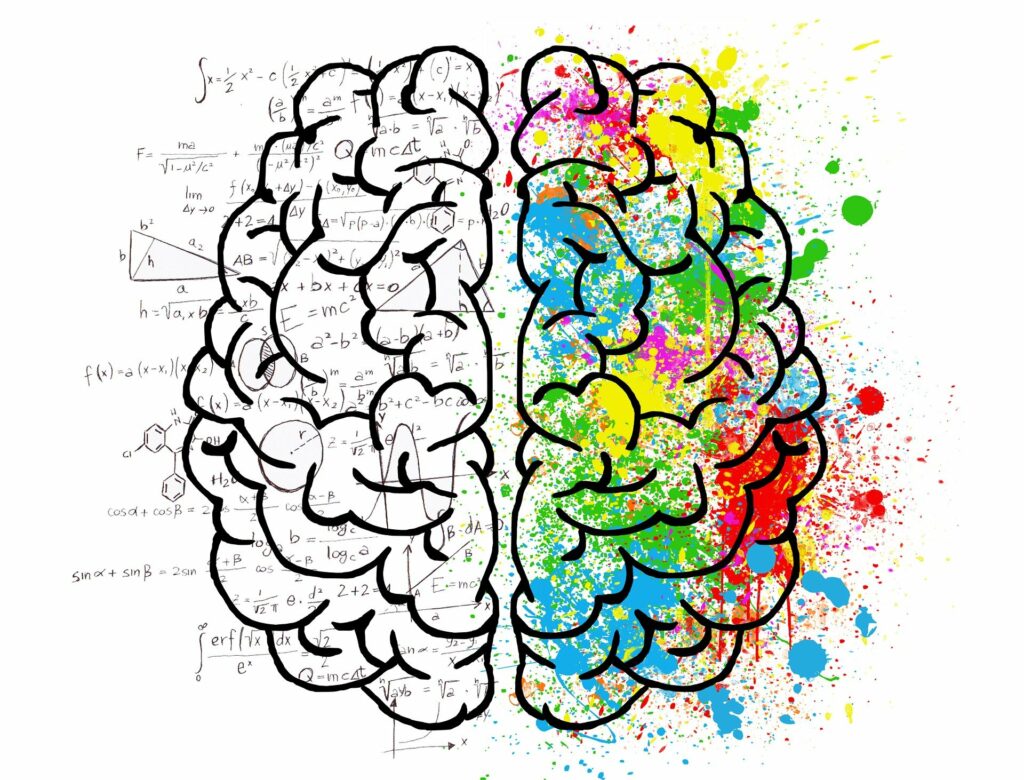
While they might have the perspective to make ‘educated guesses’ on how, for example, audiences in the United States might react to a movie, these are insights based on limited observations.
Artificial intelligence, on the other hand, has the ability to analyze enormous pools of data to extrapolate patterns or insights that would take humans years of work. This means that they are more accurate as they allow for a far deeper understanding of anyone pattern or trend.
Andrea sums up the value of this added perspective saying, “knowing the formula of films that have led the way helps to make important decisions”, going on to say that it gave her “a better understanding of how to weigh the film and give me more confidence on to be more confident when approaching distribution parlors.”
Unique Insights to Guide Producers to a Better Conclusion
After uploading the script to Highly Explosive and inputting details such as genre, budget, country of release, and character overviews, etc., the system produced its comprehensive analysis of the film.
Andrea was quick to focus in on the system’s interpretation of the film’s ‘genre recipe’. As already stated, Highly Explosive is primarily a drama. The system’s analysis recognized it as 62% drama with elements of ‘comedy’. However, the system identified it as having thriller elements too, something Andrea found “interesting” and which caused her to see various elements of the story in a new light.
This feature is designed to provide a general overview of the film. Andrea’s acknowledgment shows that it contains valuable insights that can change or awaken producers into new ways of seeing their projects.
For more in-depth insights, the system’s scene by scene analysis feature allows producers a detailed account of how the system sees each moment of the film. It is a powerful tool in helping film professionals understand whether or not their goals are being reflected in each part of the finished project.
The Power of Extra Perspective
A natural bi-product of being so deeply involved in a project is that the ability to take a step back and see it from a different perspective diminishes. As we have seen, AI empowers professionals to do this.
Andrea summed up the importance of the new perspectives offered by AI by saying, “This is really helpful because I know what I intend with each scene. Comparing the findings to my intentions is very helpful because if I see, for example, a scene that is high in drama and I intend it to be light-hearted, then at least I know I need to observe it a little deeper and see why it might be considered that way.”
Another useful tool that AI offers is the ability to compare a project, be it in script or video form, with other films. This feature allows filmmakers to get a better idea of how various genre elements compare with other films.
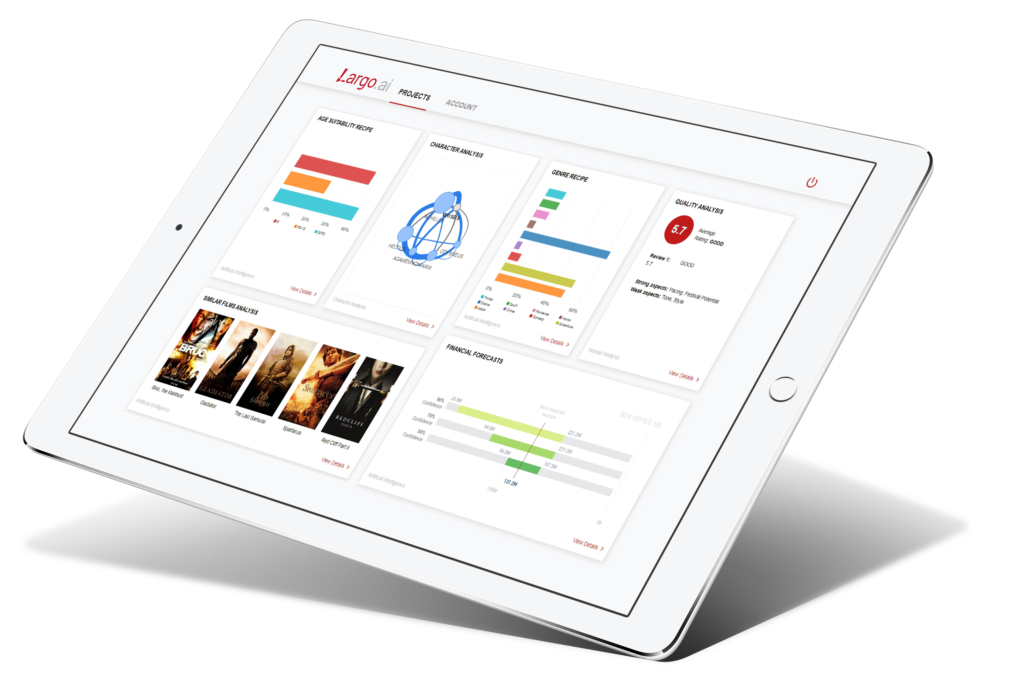
Andrea expressed her happiness to see that Highly Explosive exhibited a “similar wave” or genre pattern to a film that she had in her mind which related in certain key ways to her film. Ultimately, all these features are designed to allow the industry professionals such as Andrea to, as she puts it, “go back to the script to see if my own personal intentions or the writer’s expectations are met, and then make my own educated decisions.”
Finally, Andrea spoke about the system’s ability to undertake a character analysis of the ten most important or prominent characters in the production. She noted her concern that with the results of the AI system’s analysis of Highly Explosive, saying “since there is a character missing, the part is not as prominent as I would like it to believe.” This information allowed her to examine the role again to see whether changes needed to be made to make it more prominent.
This feature also allows the system to help with casting suggestions that breakdown the suitability of any given actor to play a role. The criteria that the system uses to extrapolate these insights includes past roles, age, mother tongue, etc. Andrea notes that she checked the system’s results with her casting director who confirmed the results to be “on the nose”.
There is no doubt that AI represents a powerful tool in helping movie professionals to better understand and improve their projects. While summing up her experience, Andrea reaffirmed the goal of AI companies in developing these solutions, “The one doesn’t replace the other.” “It seems that with AI, there is a more objective view.”
A Producer’s Eye View of Artificial Intelligence Moviemaking
